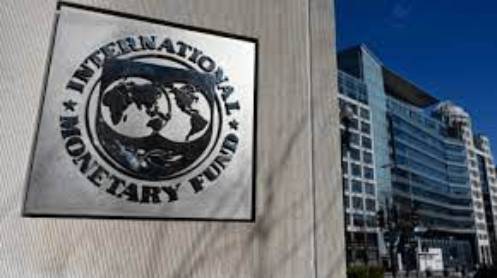Prime Minister Shehbaz Sharif on Thursday said that macroeconomic stability in the country needed to be advanced further, which he said would not be possible without another bailout programme with the International Monetary Fund (IMF).
A day ago, while announcing the staff-level agreement (SLA) on the successful completion of an existing short-term facility, the IMF had confirmed that Pakistan was seeking a 24th medium-term bailout package for a permanent push towards longstanding structural reforms.
In its end-of-mission statement, the IMF had said that subject to the approval of its executive board, the staff-level agreement would enable Pakistan to access about $1.1 billion — 828 million special drawing rights (SDR) — by late April.
While addressing a meeting of the Special Investment and Facilitation Council’s (SIFC) Apex committee today, PM Shehbaz congratulated the finance ministry for closing the SLA with the IMF, and expressed hope that the $1.1bn tranche would arrive next month.
“[However], is this our ultimate achievement? The answer is a big no. We have to bring economic stability at the macro-level and we have to progress it for which it is decided that we cannot survive without another [IMF] agreement.”
The prime minister questioned whether another programme would be able to bring economic stability, increase the growth trajectory and bring prosperity.
He stressed that the newly elected government would have to work towards a medium-term programme which would have the duration of two-to-three years. “And during those years, the government will have to undertake deep rooted structural reforms,” the premier added.
to improve debt sustainability and create space for higher priority development and social assistance spending to protect the vulnerable.
The second objective of the next programme would be restoring the energy sector’s viability by accelerating cost-reducing reforms, including through improving electricity transmission and distribution, moving captive power demand to the electricity grid, strengthening distribution company governance and management, and undertaking effective anti-theft efforts.
The third key objective would be returning inflation to the target, with a deeper and more transparent flexible foreign exchange market supporting external rebalancing and rebuilding foreign exchange reserves.
The fourth and last critical aim would be promoting private-led activity through the above-mentioned actions as well as the removal of distortionary protection, advancement of reforms on state-owned enterprises to improve the sector’s performance, and the scaling up investment in human capital to make economic growth more resilient and inclusive and enable Pakistan to reach its economic potential.
Macroeconomic stability unachievable without another IMF programme: PM Shehbaz







